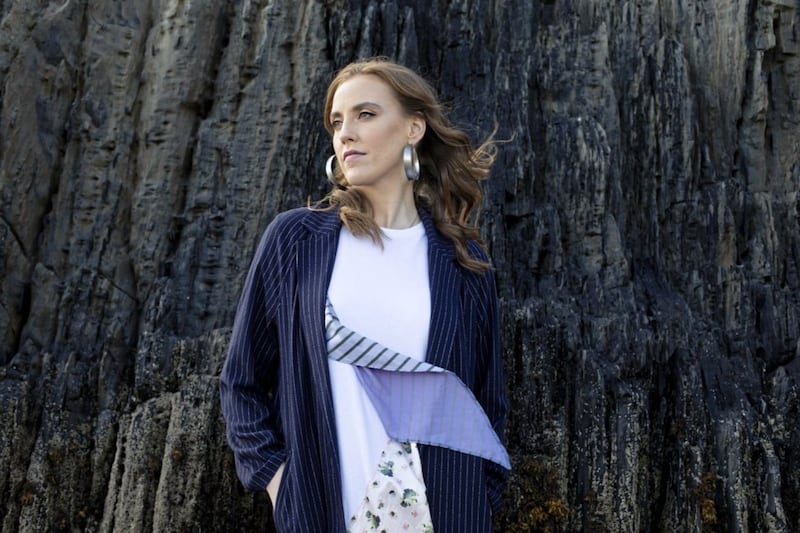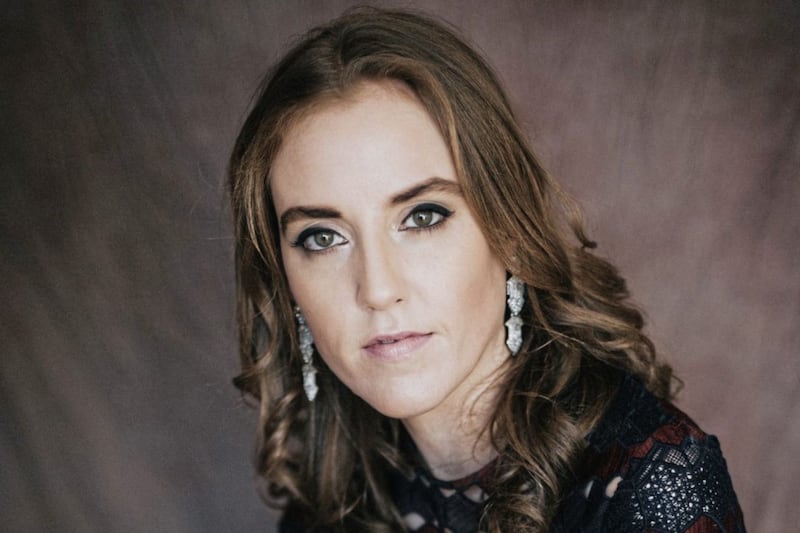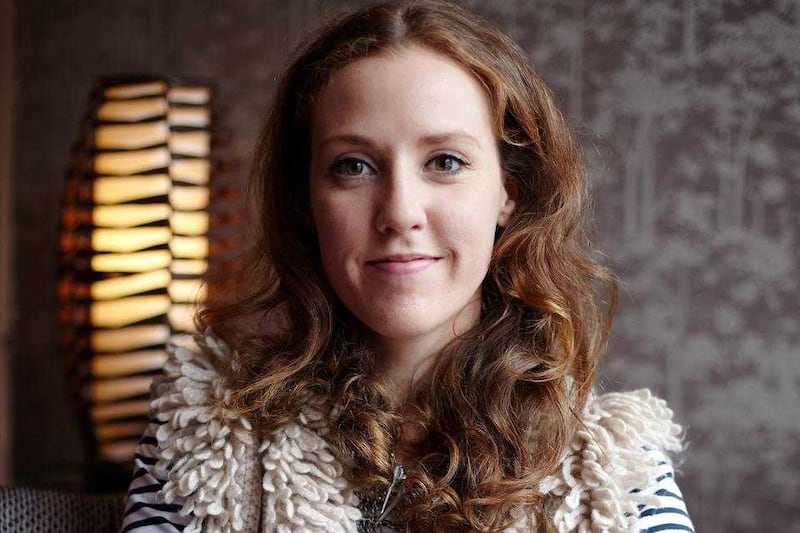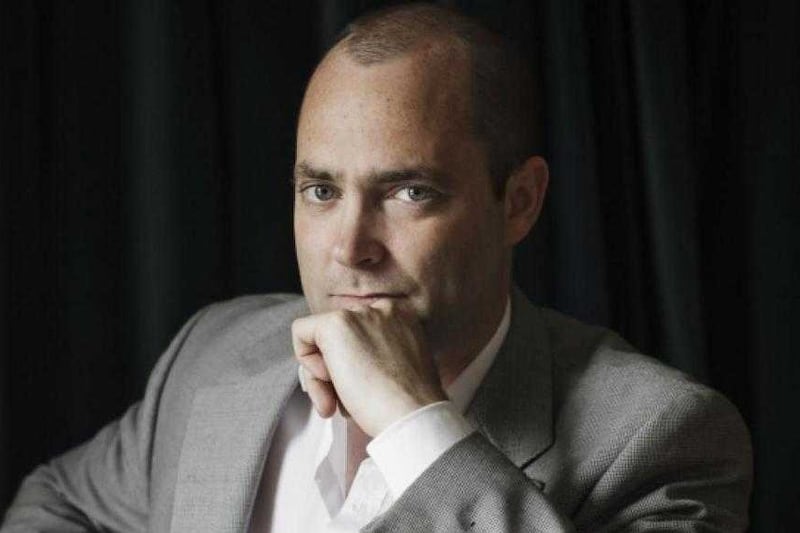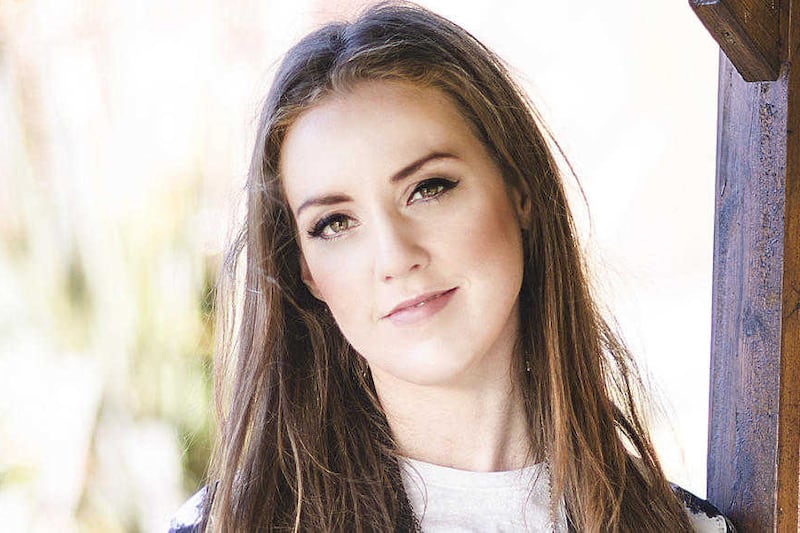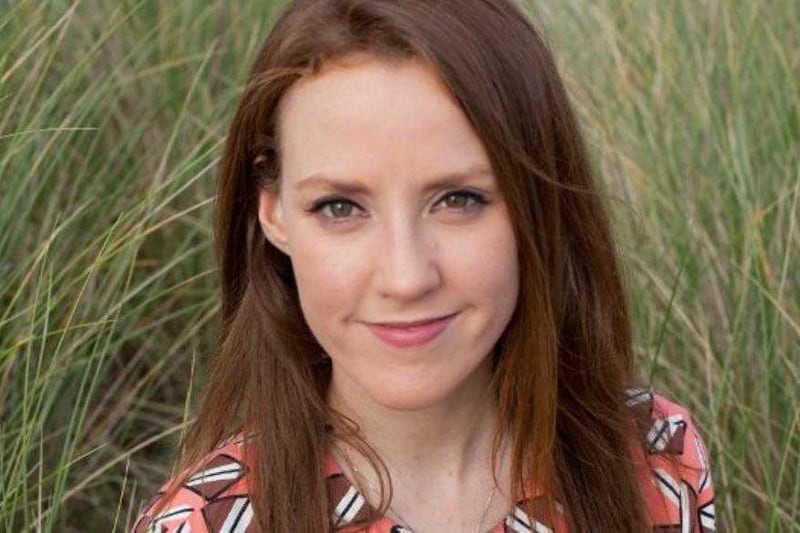SECRETS, lies, murder and domestic abuse fuse in Cork writer Louise O’Neill’s latest novel, After the Silence.
Set on the fictional remote Cork island of Inisrun, it tells the story of a close-knit community torn apart by the loss of one of their own on a stormy, unforgettable night.
No-one was ever charged with the murder of Nessa Crowley but when a documentary team arrive in the island 10 years later to delve deeper, lives are upturned as the author explores themes of control, self-esteem and the secrecy that can exist in family relationships.
O’Neill’s inspiration for the novel initially came from listening to true crime podcasts.
“I found it really interesting that if the person accused of the crime was a man and their female partner stayed with them, there were a lot of the questions asked about why she stayed in the relationship," she says. "I thought it was such an interesting parallel with the same questions asked to victims of domestic abuse.
“At the same time there had been a lot of conversations in the media around this area of coercive control, because there was a big push to make it a criminal offence, which did happen in Ireland in 2019.
“The more I was reading about this subject of emotional abuse, I really wanted to explore the topic and the perfect vehicle to do so was through a psychological thriller.”
Having written in a number of genres in the past for both young adult and adult audiences, including dystopian, fantasy and contemporary, this is O’Neill’s first venture into psychological thrillers and she says “it won’t be the last”.
“I loved writing this book, though the research was difficult,” admits the 35-year-old, who is grateful to the West Cork Women Against Violence Project and the victims of domestic abuse, who shared their life stories with her.
“Their honesty and vulnerability to share their experiences blew me away. It was really interesting talking to them about the difference between physical and emotional violence. Quite often they could see that the physical violence was wrong but they weren’t really aware of the emotional abuse, which was so skilfully done.
“They talked about how they felt they were losing their mind and going crazy and that it was the emotional abuse that left them unable to trust their instincts and which they spent the longest trying to overcome.”
O’Neill’s incendiary second novel Asking For It tackled the issues of rape culture, victim blaming and the consent, and had a powerful response from readers. While she admits she “tries to start a conversation” with her writing, she is adamant she did not set out to make After the Silence an ‘issues novel’.
“Foremost I wanted to write a gritty and compelling story for people to enjoy. At the moment we are all so desperate for some form of escapism, and I hope the wealth and glamour of the Kinsella family and the beauty of the islands can offer some relief from what is going on at the moment in the world," she says.
“After that I hope the novel makes readers think a little bit more of what it means to be a victim and about the way in which emotional abuse and manipulation, whether that is sexual, financial or mental, can manifest itself.”
O’Neill unfolds the story with an interplay between interviews, different voices and flashbacks, letting the reader try and piece together what happened.
It’s almost like she is playing mind games with the reader, in the same way her protagonist Keelin’s second husband, Henry Kinsella, is playing with her as he controls what she eats, what she watches, what she wears and who she talks to.
O'Neill has an uncanny ability to slip inside the complex heads of her flawed characters. Having seen psychological therapists herself since the age of 17, after developing an eating disorder, she admits that the subject of psychology fascinates her.
“I read a lot of psychology books to the point that my dad often says to me when I’m analysing him “you’re not a psychologist”.
“Sometimes I forget that because I have been so immersed in it. When I was younger I wanted to become an actress and then I became a writer and now I say if I have a third act I'd love to be a therapist or a psychologist.
“The thing all those careers have in common is that you're trying to understand someone else's motivations and why they behave the way they do.
“So for me, with Keelin in particular, it was trying to get into her mindset and understand why she does the things she does and from a psychological point of view that was really fascinating.”
O’Neill left her hometown of Clonakilty in west Cork to study English at Trinity College Dublin and later Fashion Buying at the Dublin Institute of Technology before moving to New York, where she worked as an assistant stylist for Elle magazine. That was an experience that fuelled the feminist in O’Neill, as well as leading her to battle her eating disorder once more
In After the Silence O’Neill doesn’t shy away from reflecting upon the sexualised normality of young people, apparent in everything from passing comments on porn websites, to TikTok, Snapchat and Love Island, and in young women sending naked photos of themselves to men, who share them on WhatsApp group chats.
In her novel she writes: “When Evie posted a photo on social media it took all of Keelin’s willpower not to phone her daughter and tell her to be careful to wear more clothes, to drink sensibly, to get a taxi home and to save a virginity for someone she trusted. Keelin knew she shouldn't think such things; it was old fashioned.”
O’Neill says she has “great empathy” for young women today trying to deal with the pressures of contemporary society.
“It’s too simplistic to blame it on the fashion industry or social media, because all of these things have both negative and positive aspects. Education and knowledge is the key to change... making young people aware that the images they see in a magazine or online are often filtered or edited and not a realistic representation of what that person looks like in real life.”
She believes that acceptance of her own body was key to her own eating disorder recovery.
“So much of it is about coming back to within yourself and acknowledging that your body is worthy of nourishment. Young people need to learn to listen to their heart and their own gut instincts, no matter how much noise is going on outside on social media or from their peers.”
In terms of feminism, her hopes for the future are inclusivity and universality.
“Mainstream feminism over the last while has been directed at white feminists. But moving forward women of colour and trans women also need to feature and for me intersectionality is the most important thing.”
With a stage adaptation of Asking For It having already toured, O’Neill is hoping to see some of her novels adapted for screen.
“I have just seen the new script for an Only Ever Yours movie and it is really strong. I'm hoping within the next year to 18 months that it will start filming,” she enthuses.
And what can we expect from her next novel? “I haven't decided yet,” she confesses.
:: After the Silence is published by Riverrun and is out now.



